How serious is a heart arrhythmia? Why arrhythmia happen?
My husband has an arrhythmia. Is that serious?
Arrhythmias are a disorder of the rhythm of the heartbeat, which can sometimes be life threatening. Atrial fibrillation (in the upper chambers of the heart) is a type of arrhythmia that can be either converted to normal rhythm with an electrical shock to the heart or slowed by medicines. Atrial fibrillation results in an irregular pulse, usually at a pulse rate between 100 and 140. Any rapid, irregular heartbeat requires medical attention within a few hours. Atrial fibrillation becomes more common in people over fifty years of age. The real cause of atrial fibrillation is usually unknown, but some cases occur in people with overactive thyroid glands (known as thyrotoxicosis). Atrial fibrillation is not the result of coronary artery disease, but it can aggravate preexisting congestive heart failure, which itself is often caused by coronary artery disease.An arrhythmia affecting the lower chambers of the heart (the ventricles) is very dangerous. The body can withstand ventricular fibrillation for only a few minutes before death occurs. Ventricular fibrillation is thought to be the immediate cause of most sudden deaths from heart disease. An arrhythmia, such as ventricular fibrillation, is almost always the result of a heart attack, usually occurring within minutes after the heart attack begins. The closure of a heart artery by a clot (the cause of a heart attack) deprives the heart muscle of blood and oxygen, triggering the ventricle to fibrillate and losing its capacity as a pump as a result.
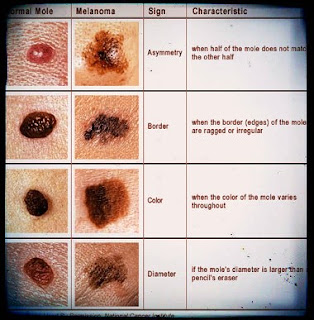
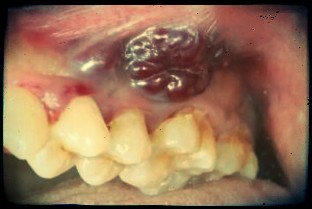
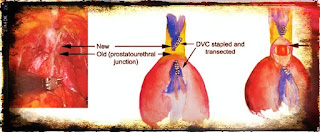
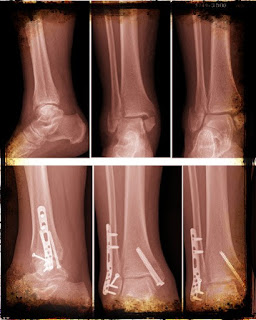
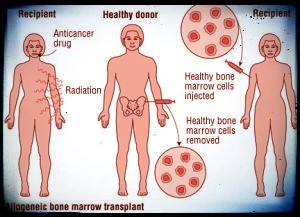

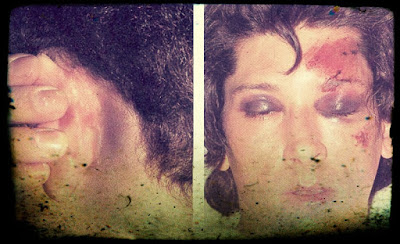
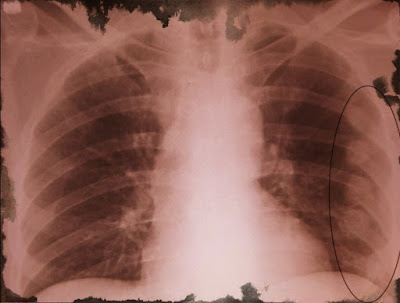
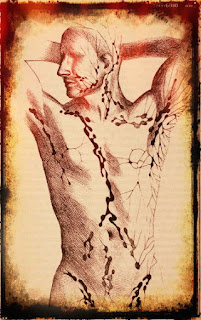

Comments
Post a Comment